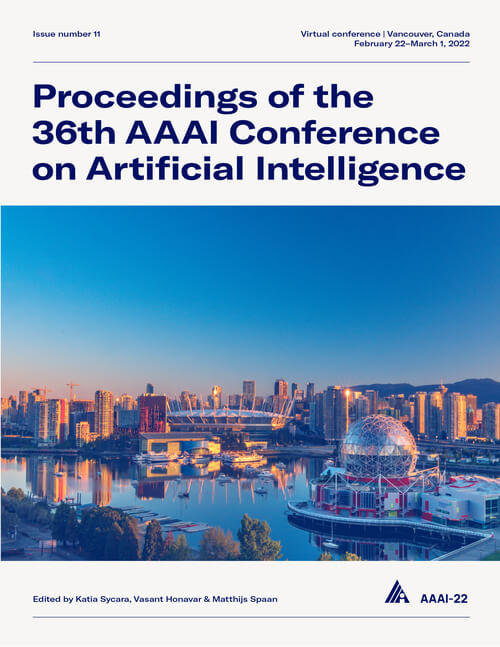Entailment Relation Aware Paraphrase Generation
DOI:
https://doi.org/10.1609/aaai.v36i10.21376Keywords:
Speech & Natural Language Processing (SNLP)Abstract
We introduce a new task of entailment relation aware paraphrase generation which aims at generating a paraphrase conforming to a given entailment relation (e.g. equivalent, forward entailing, or reverse entailing) with respect to a given input. We propose a reinforcement learning-based weakly-supervised paraphrasing system, ERAP, that can be trained using existing paraphrase and natural language inference (NLI) corpora without an explicit task-specific corpus. A combination of automated and human evaluations show that ERAP generates paraphrases conforming to the specified entailment relation and are of good quality as compared to the baselines and uncontrolled paraphrasing systems. Using ERAP for augmenting training data for downstream textual entailment task improves performance over an uncontrolled paraphrasing system, and introduces fewer training artifacts, indicating the benefit of explicit control during paraphrasing.Downloads
Published
2022-06-28
How to Cite
Sancheti, A., Srinivasan, B. V., & Rudinger, R. (2022). Entailment Relation Aware Paraphrase Generation. Proceedings of the AAAI Conference on Artificial Intelligence, 36(10), 11258-11266. https://doi.org/10.1609/aaai.v36i10.21376
Issue
Section
AAAI Technical Track on Speech and Natural Language Processing

